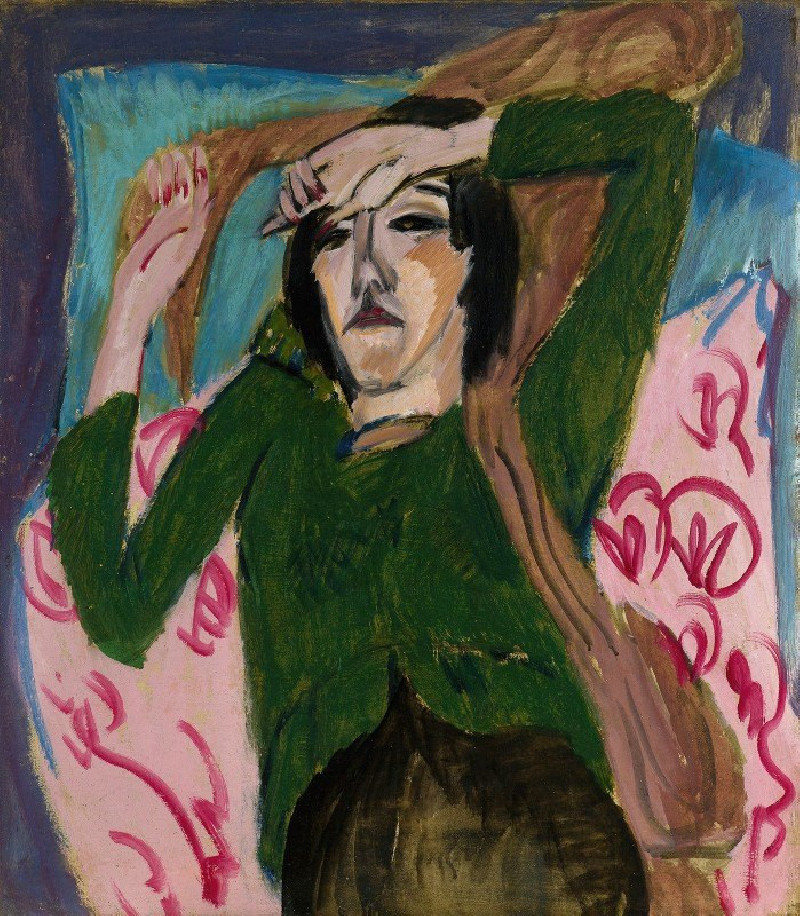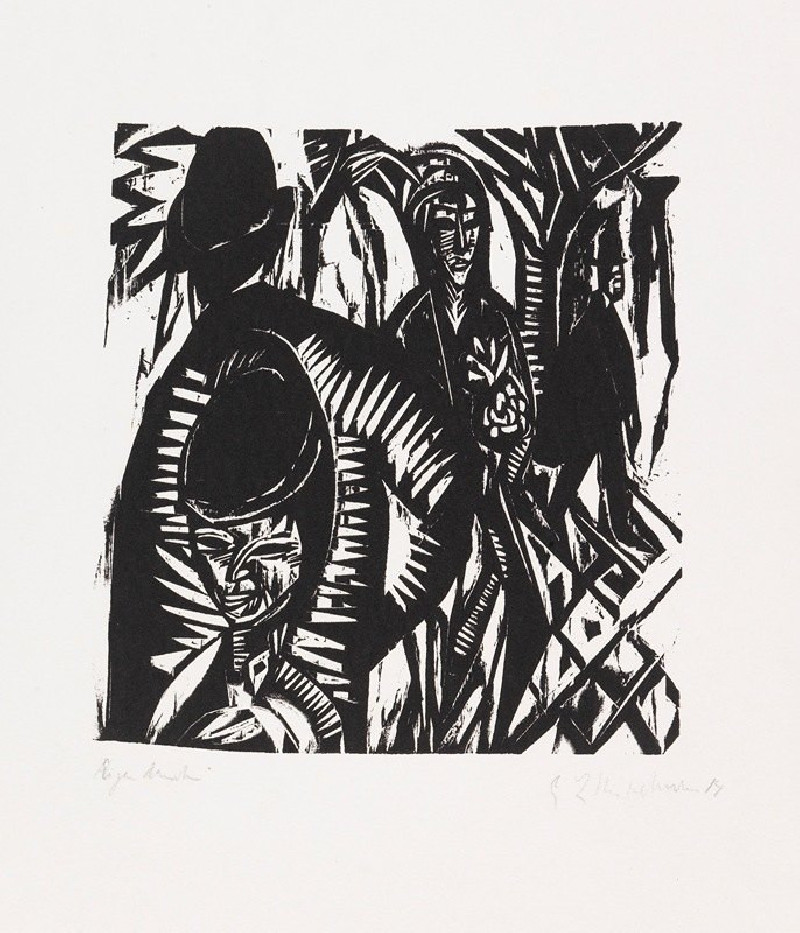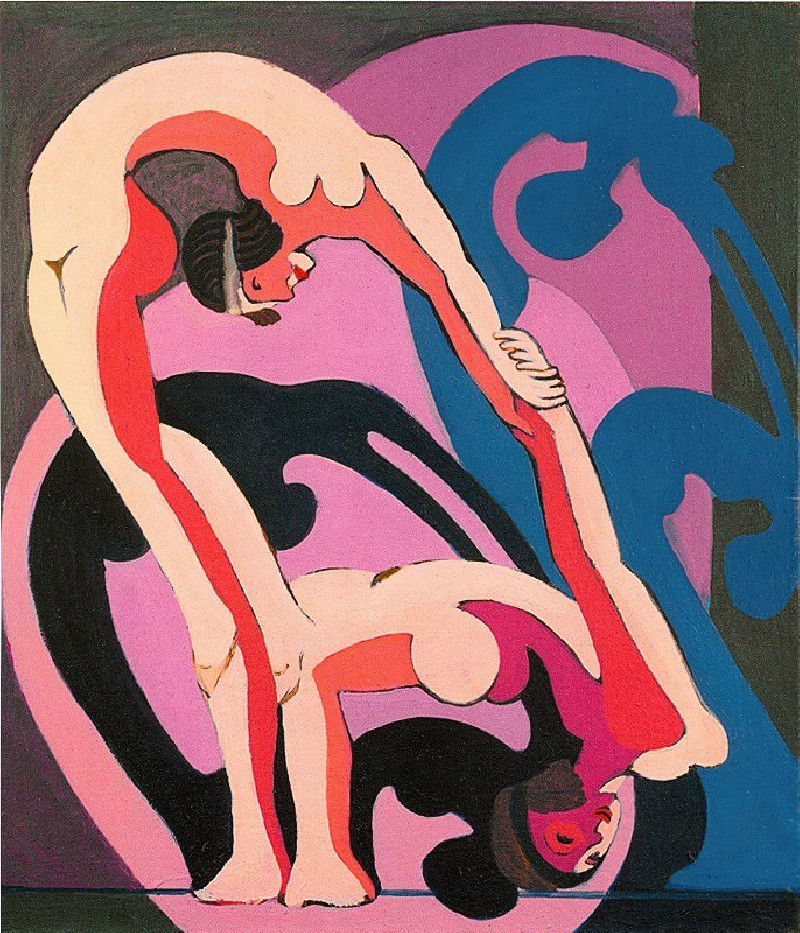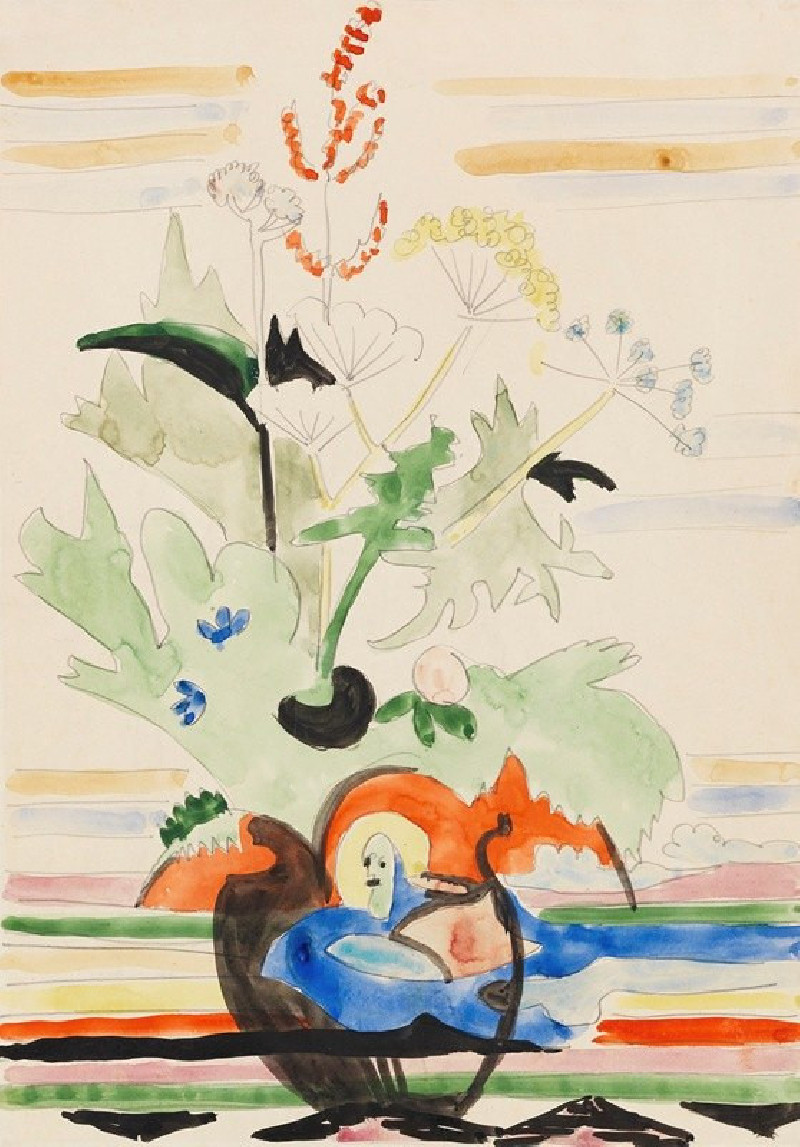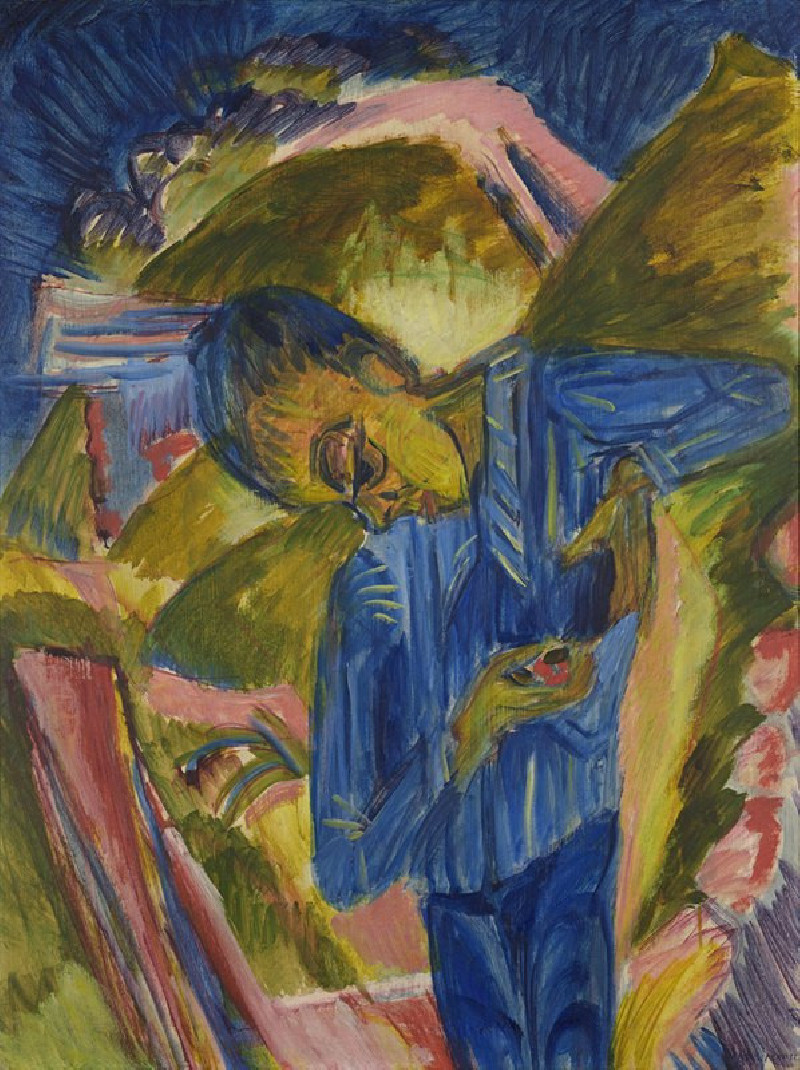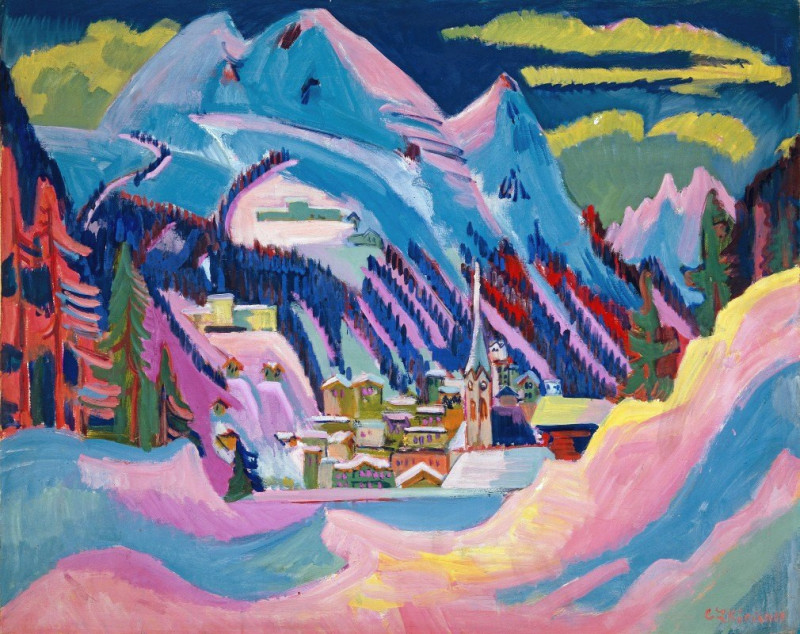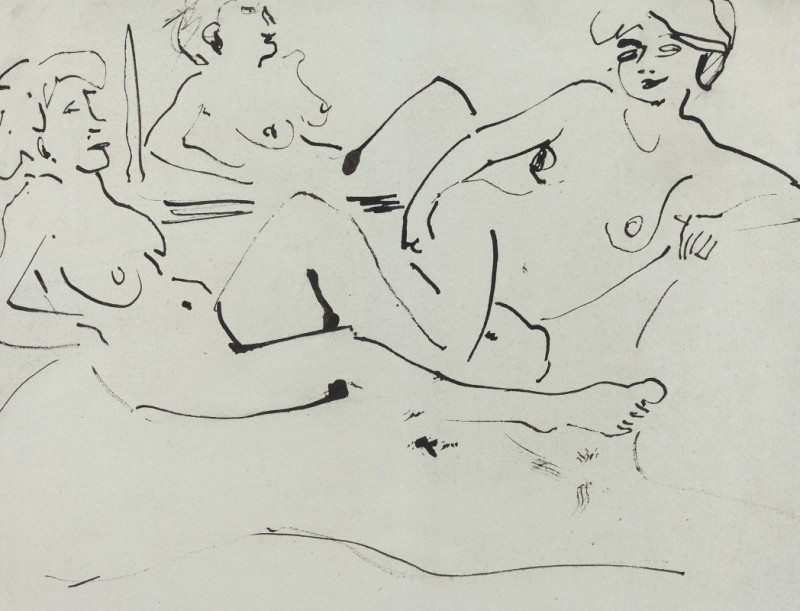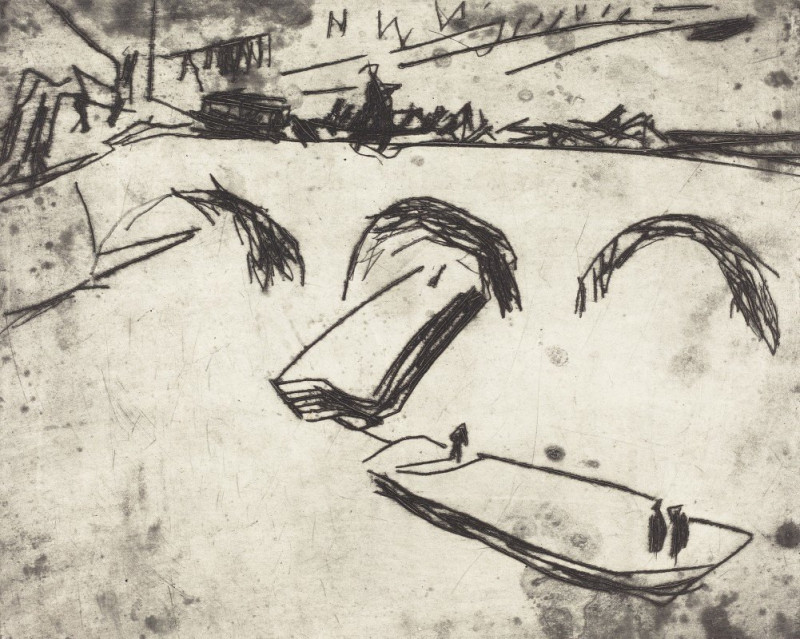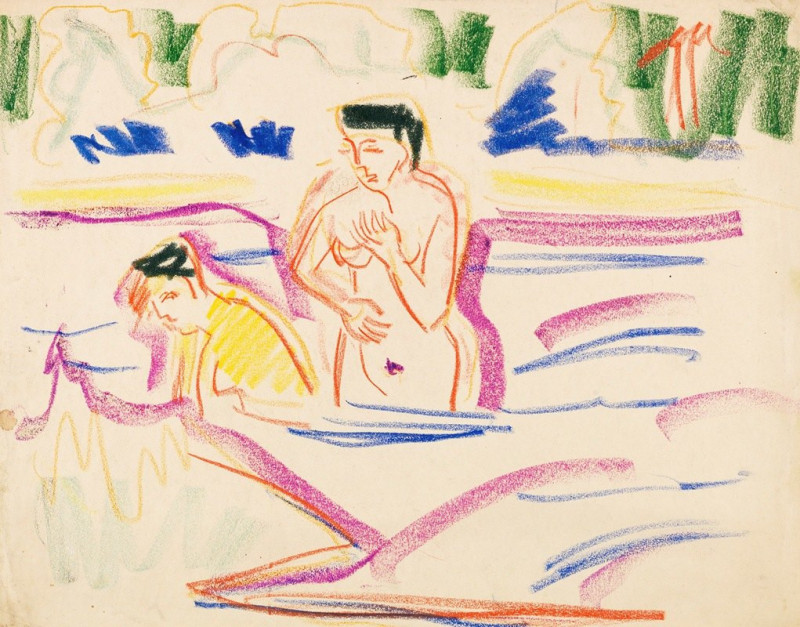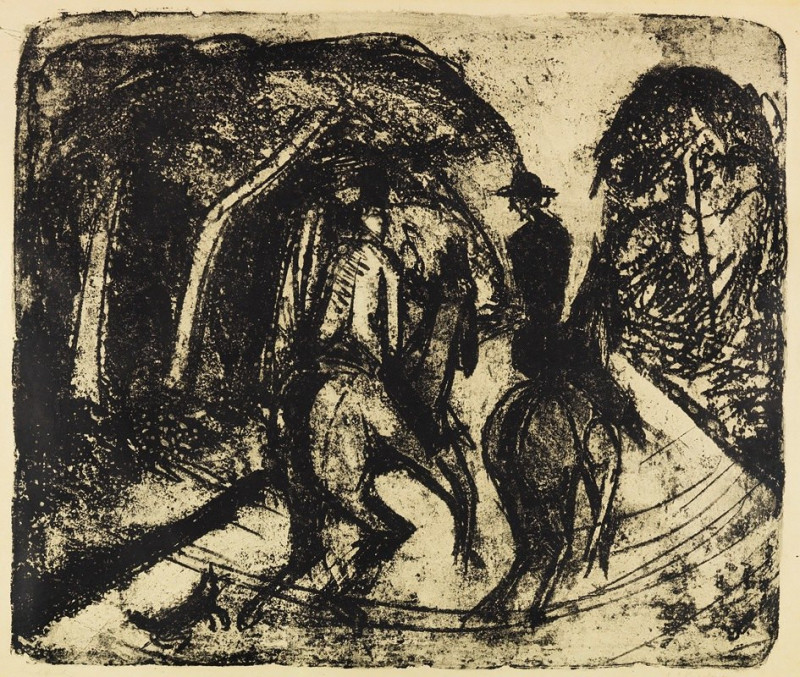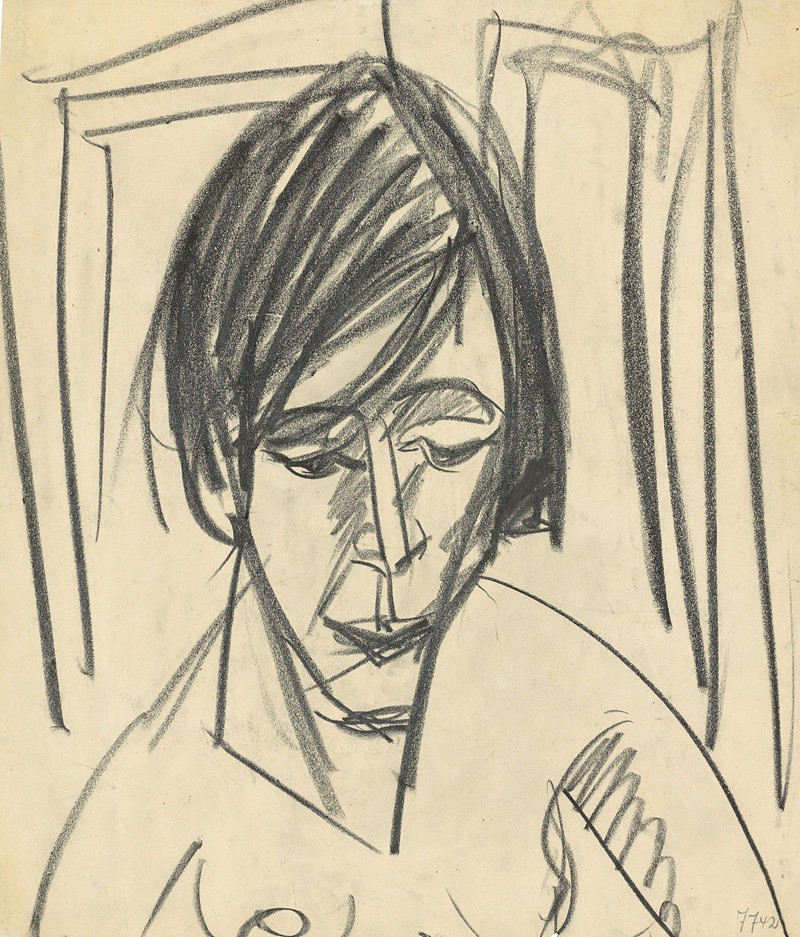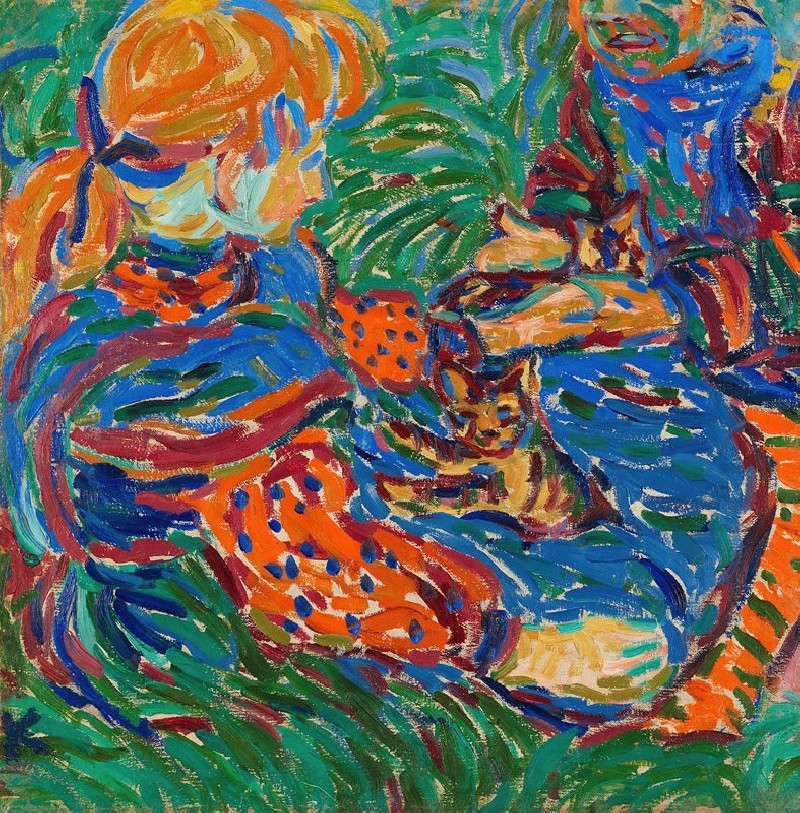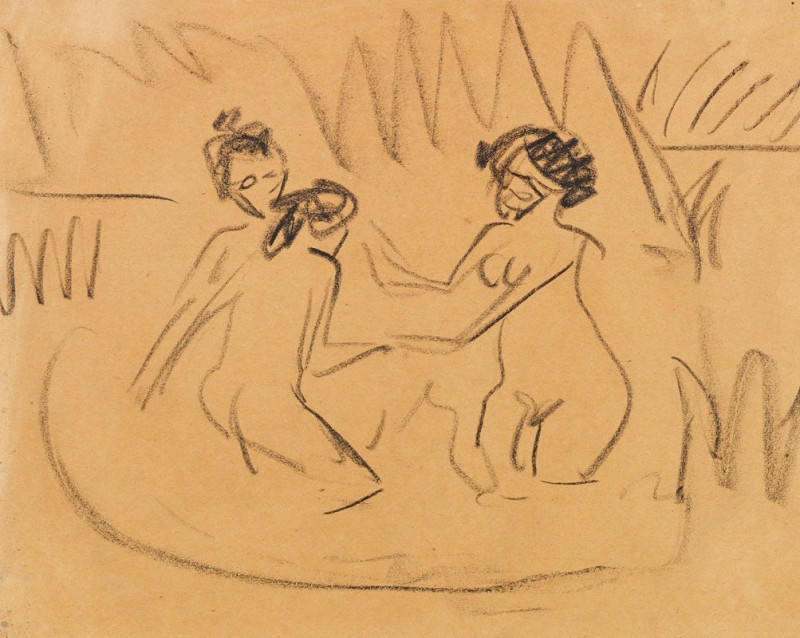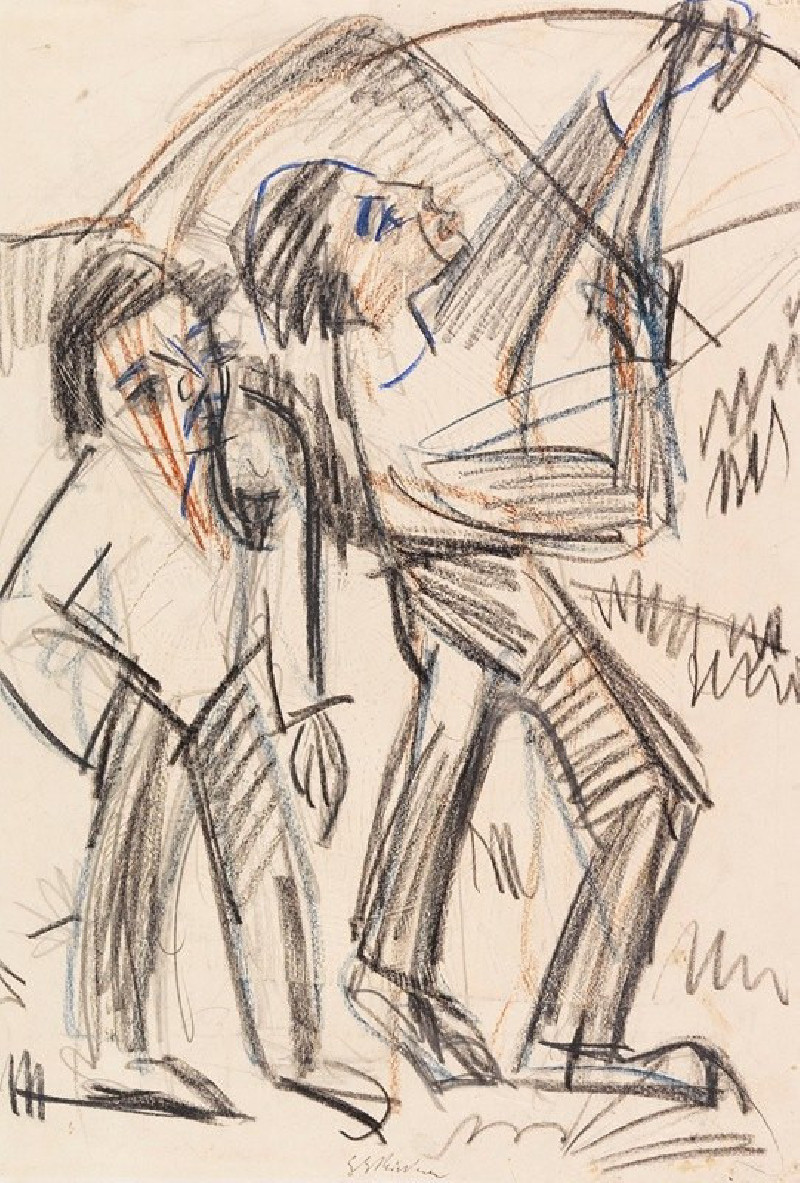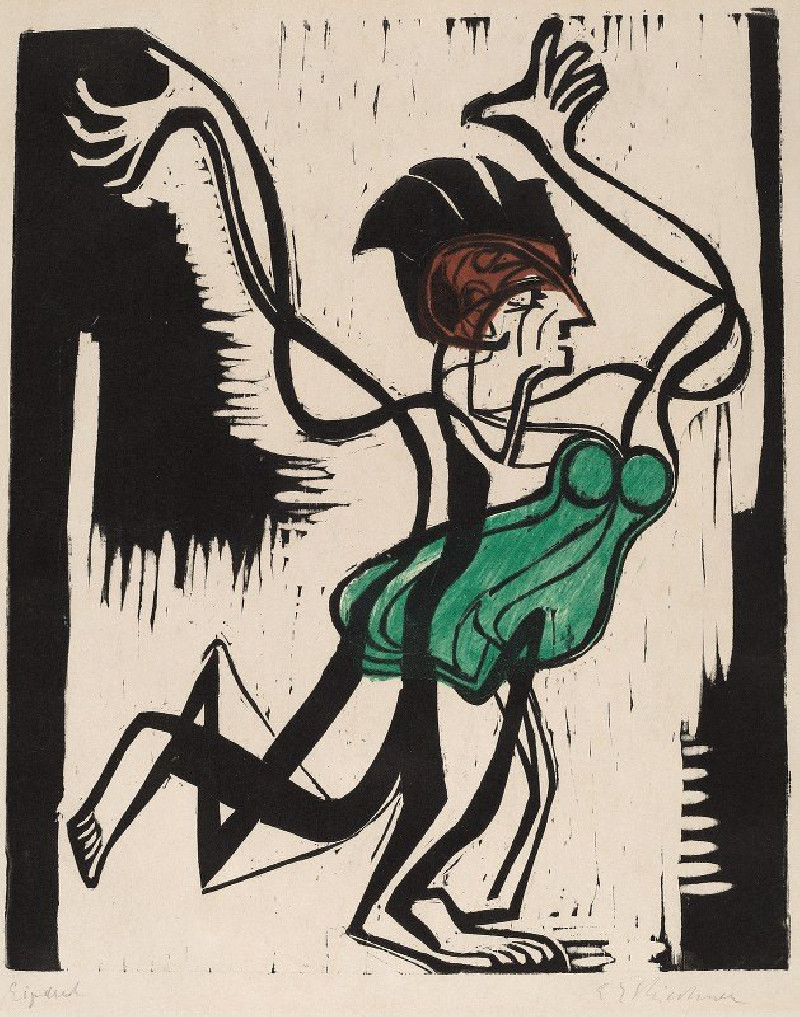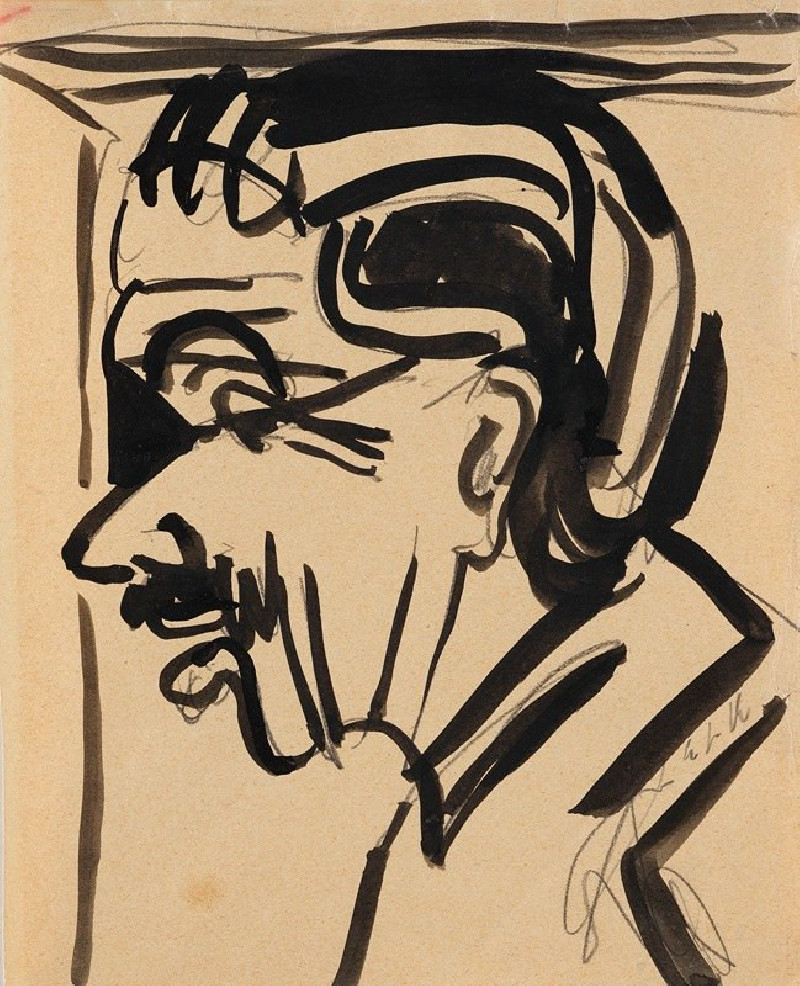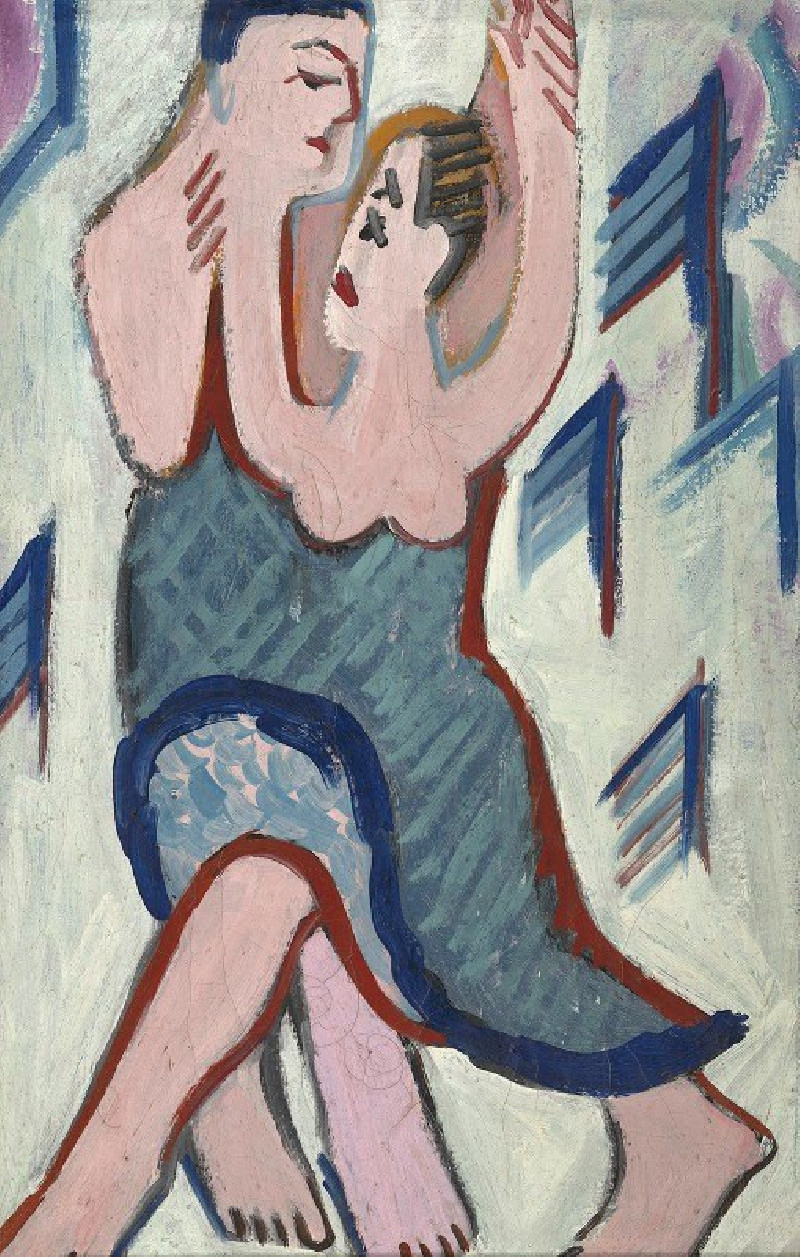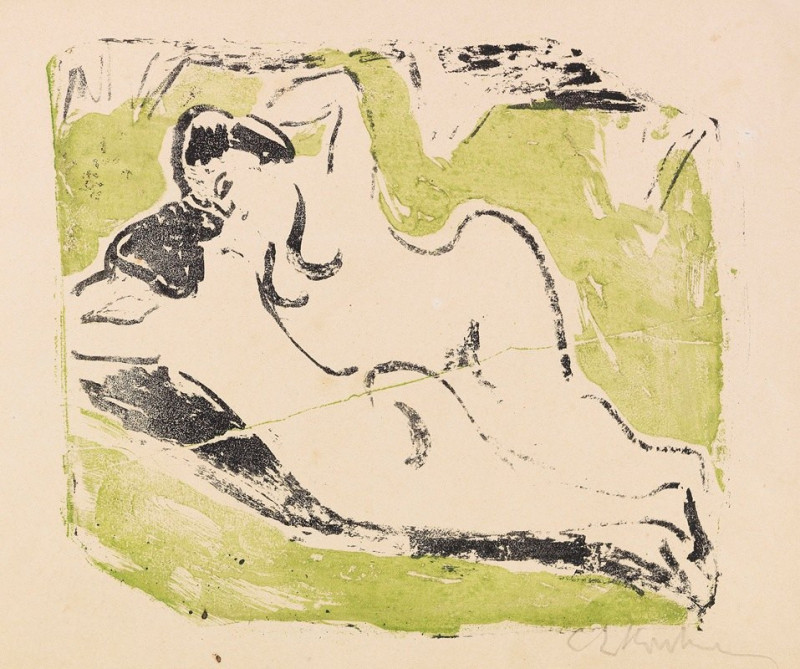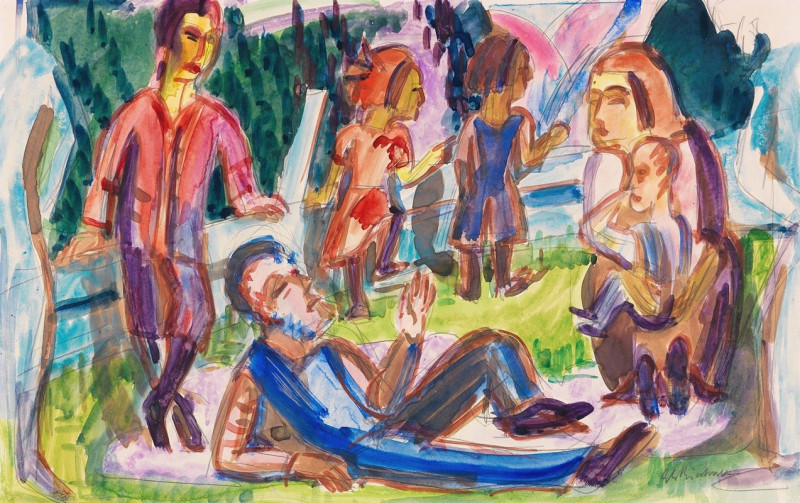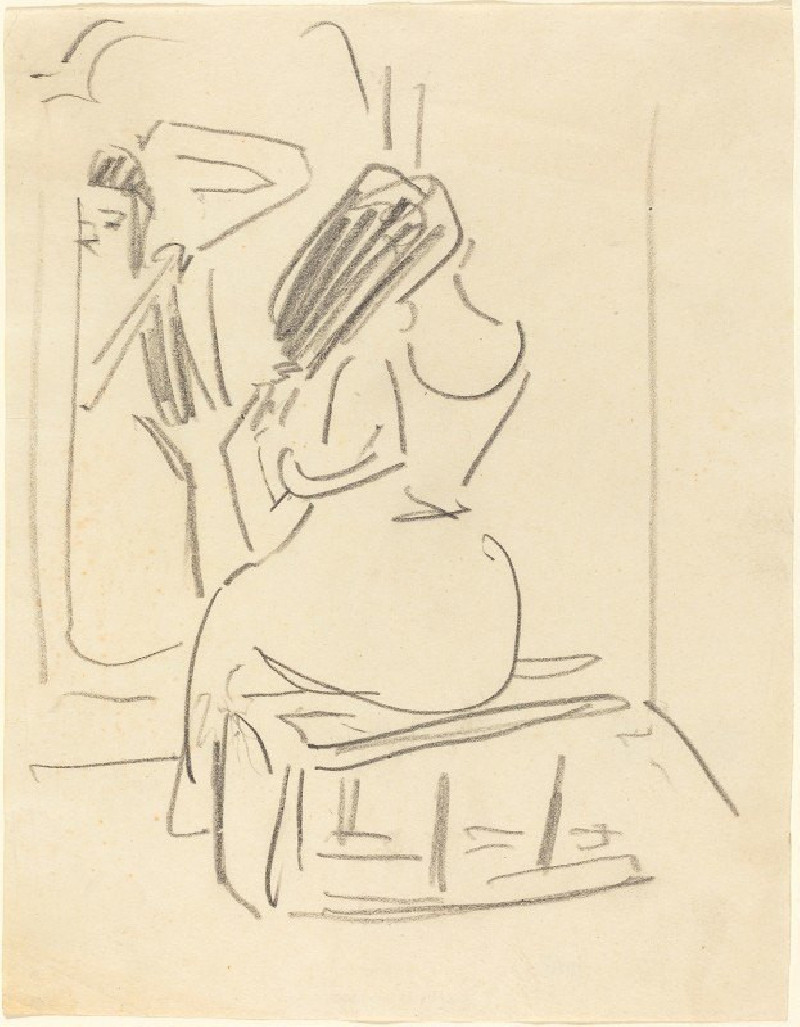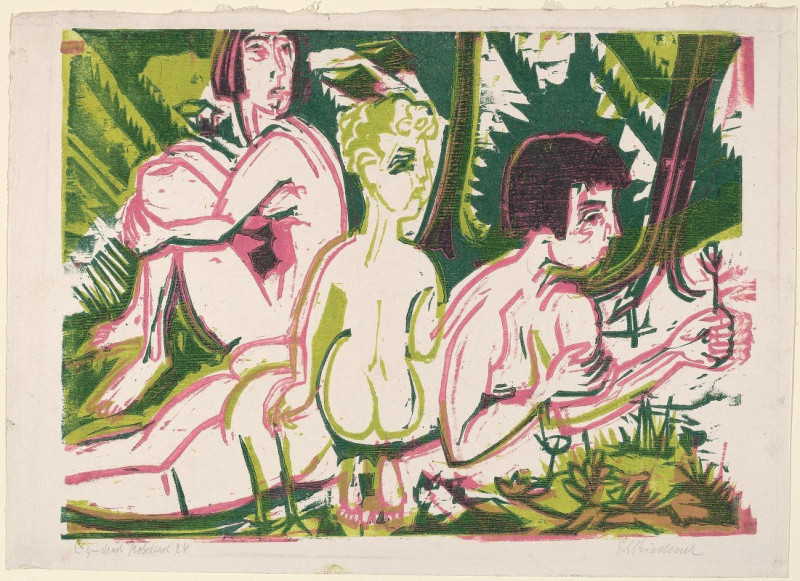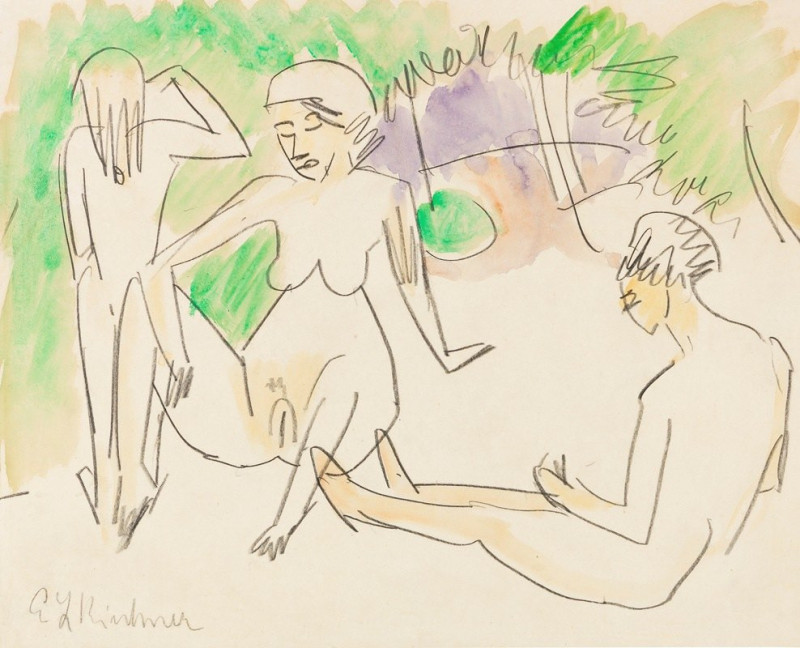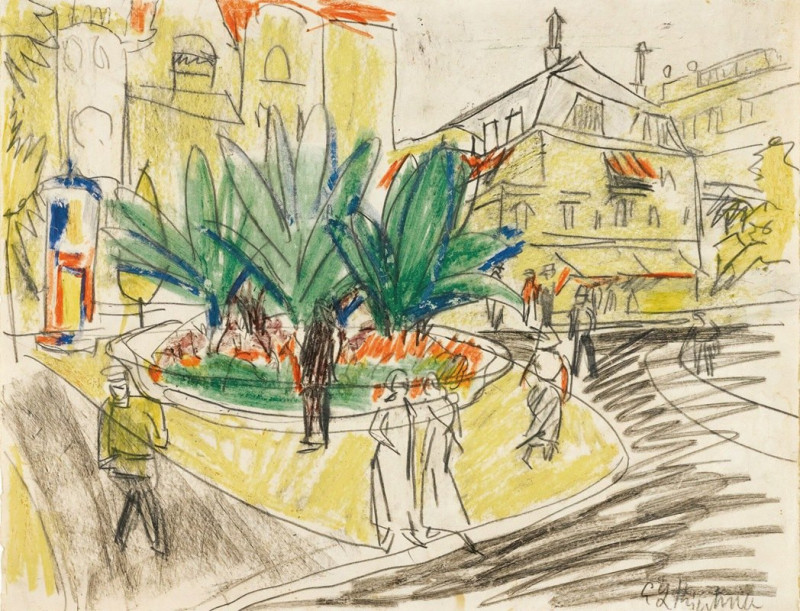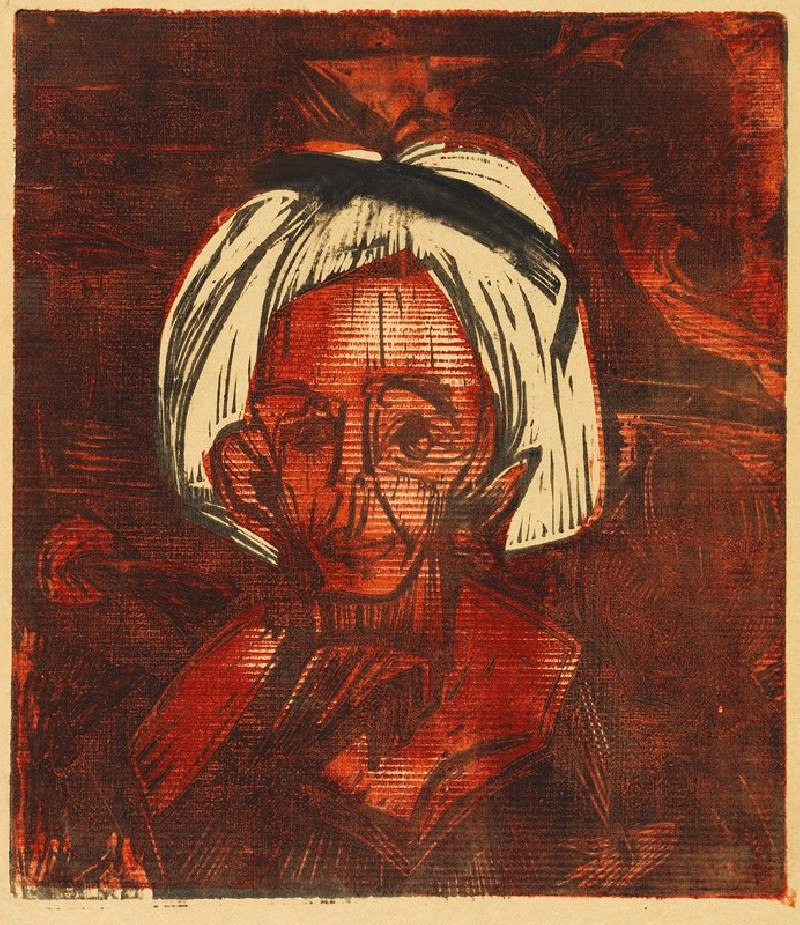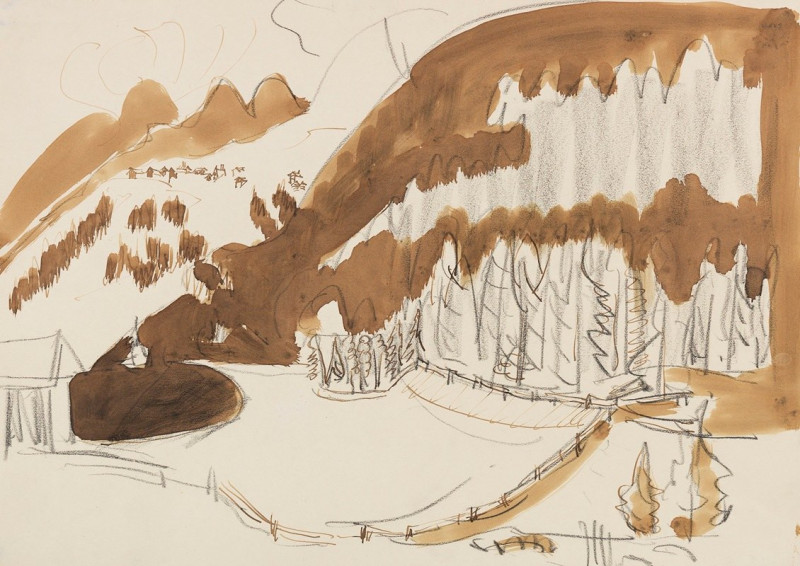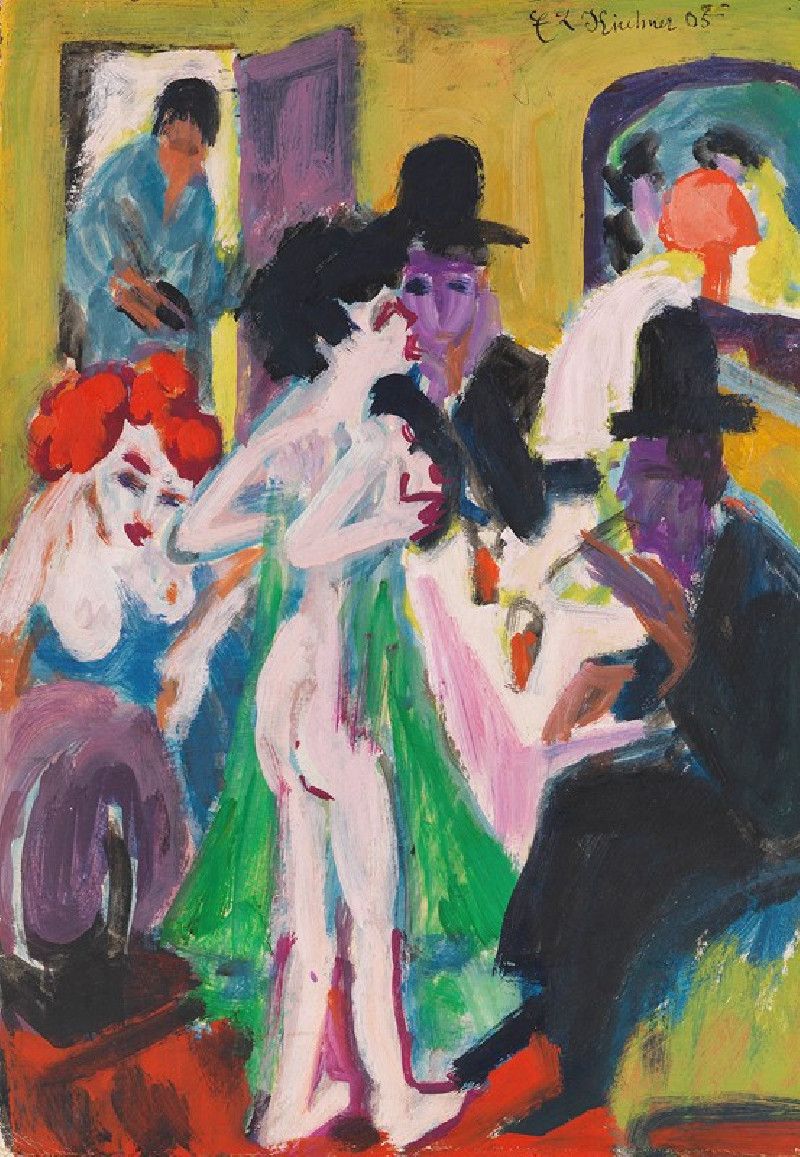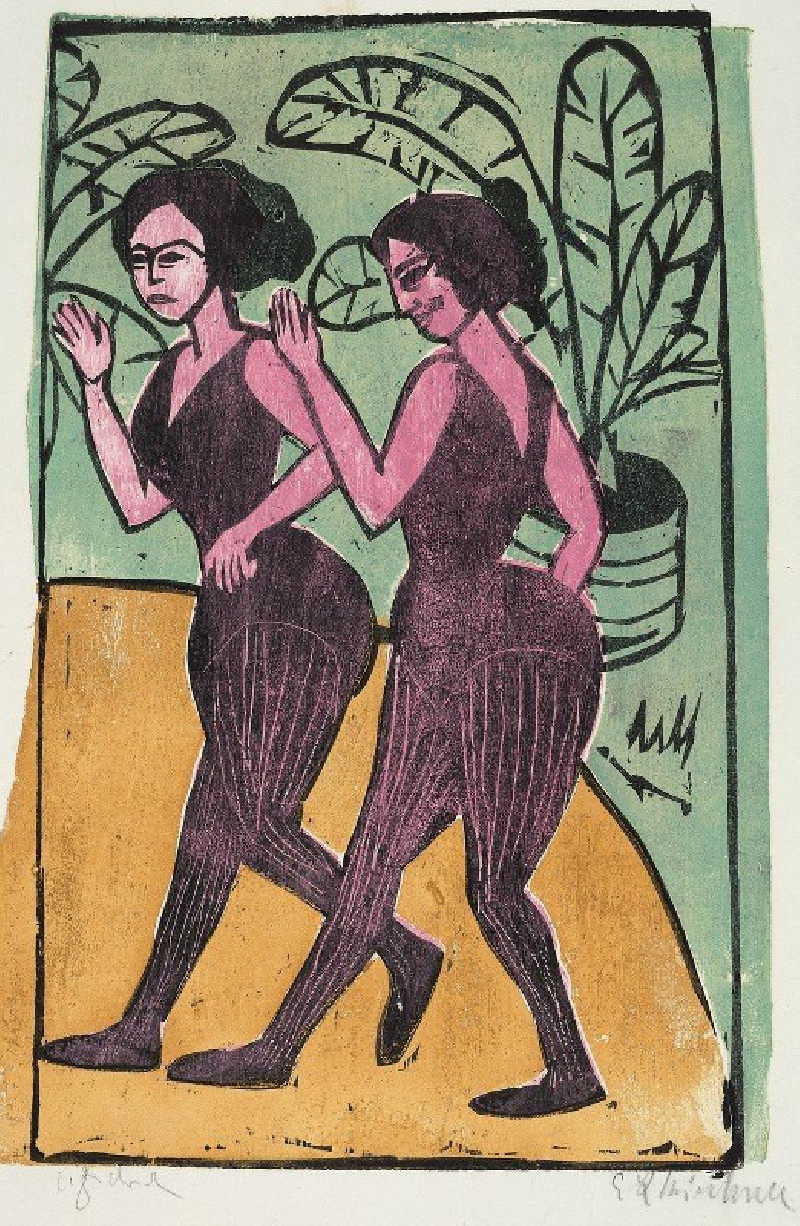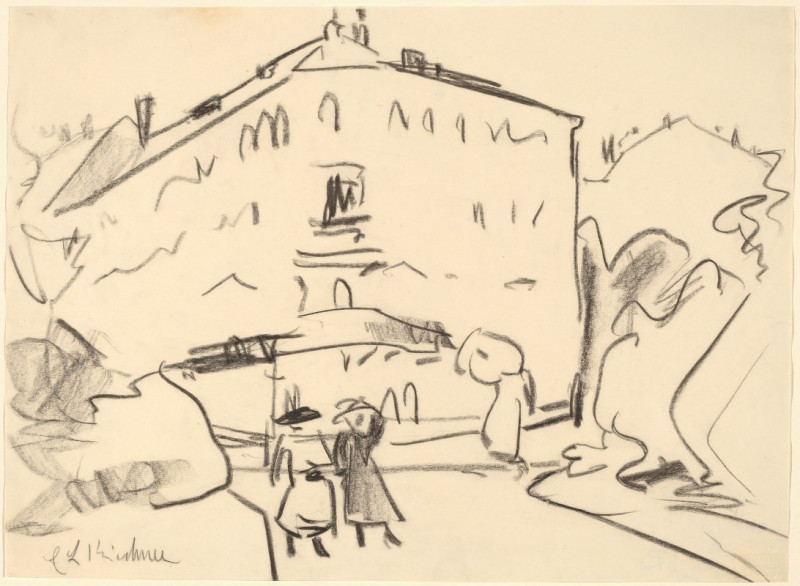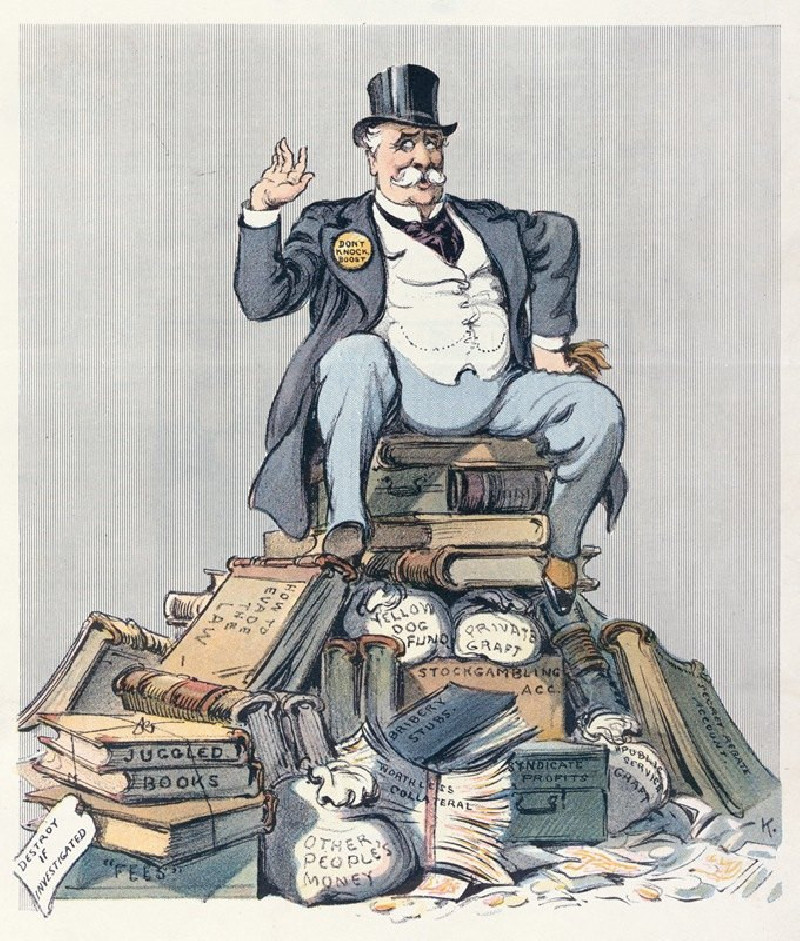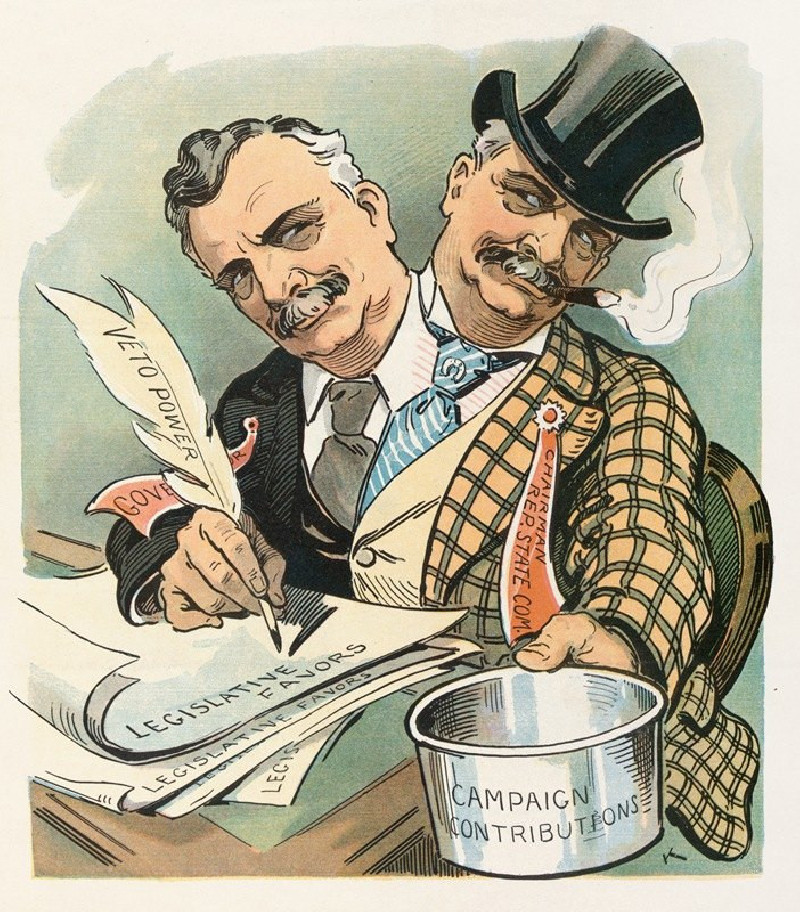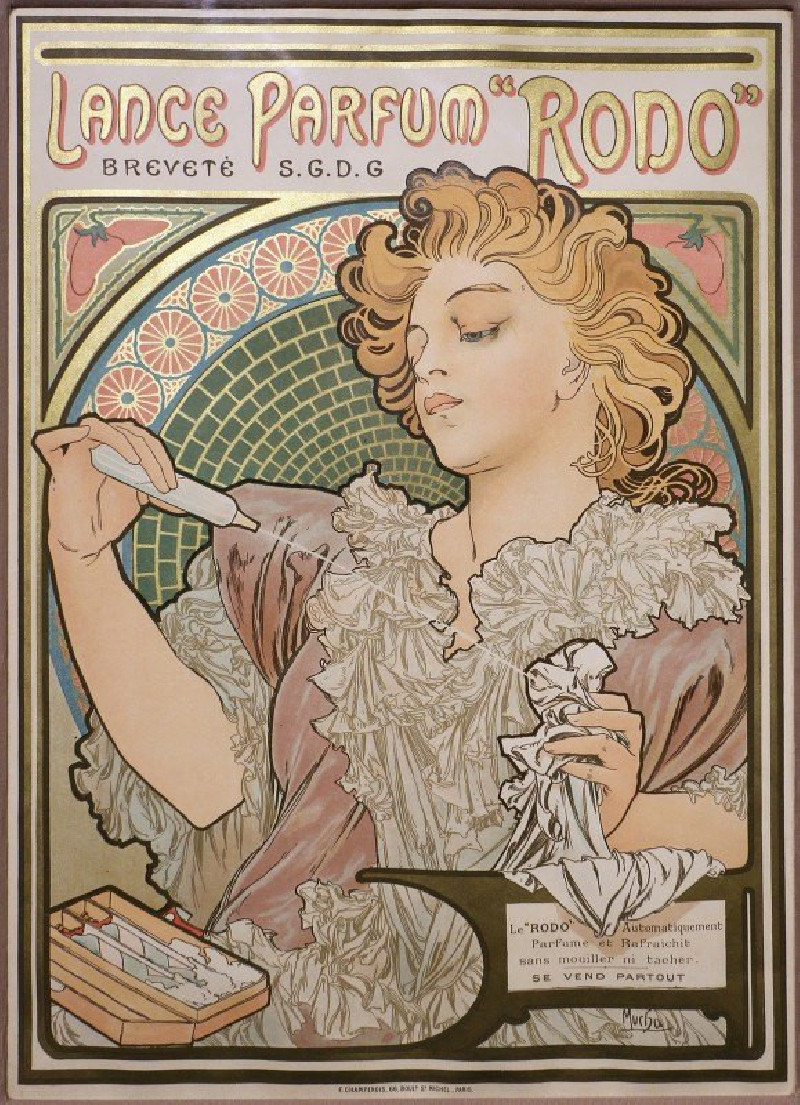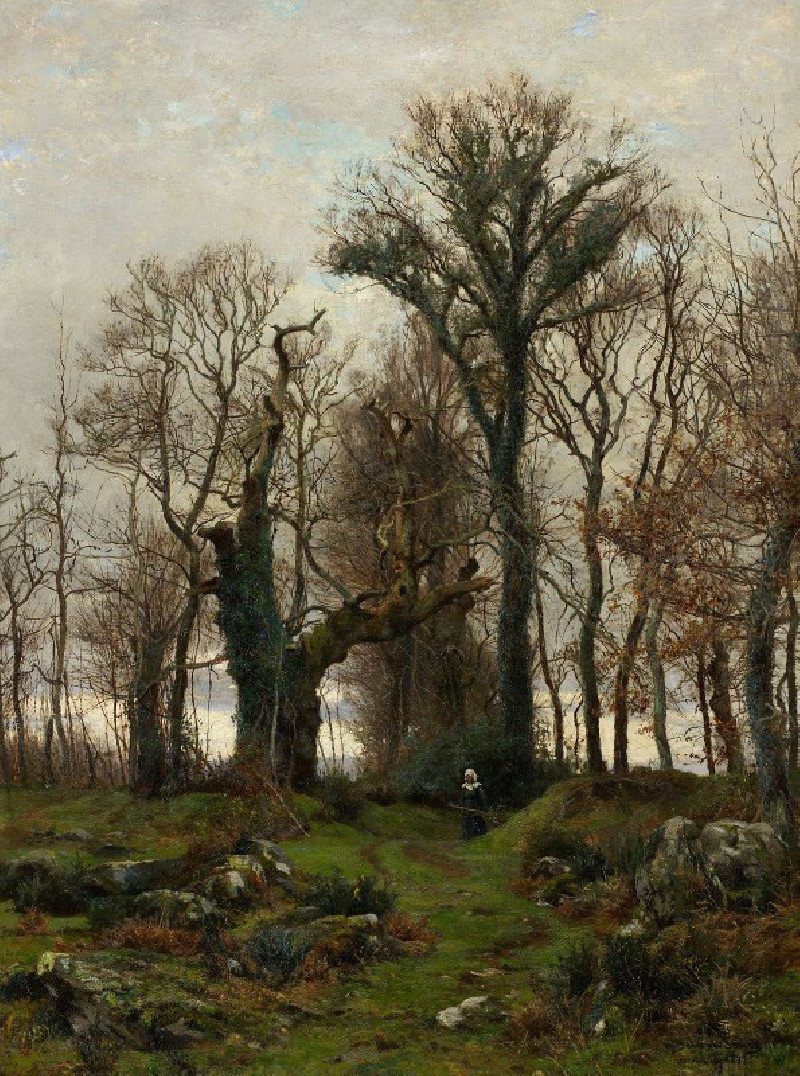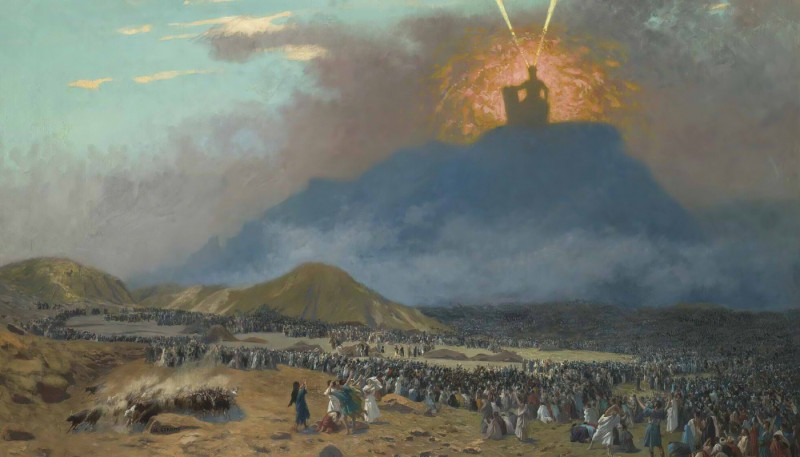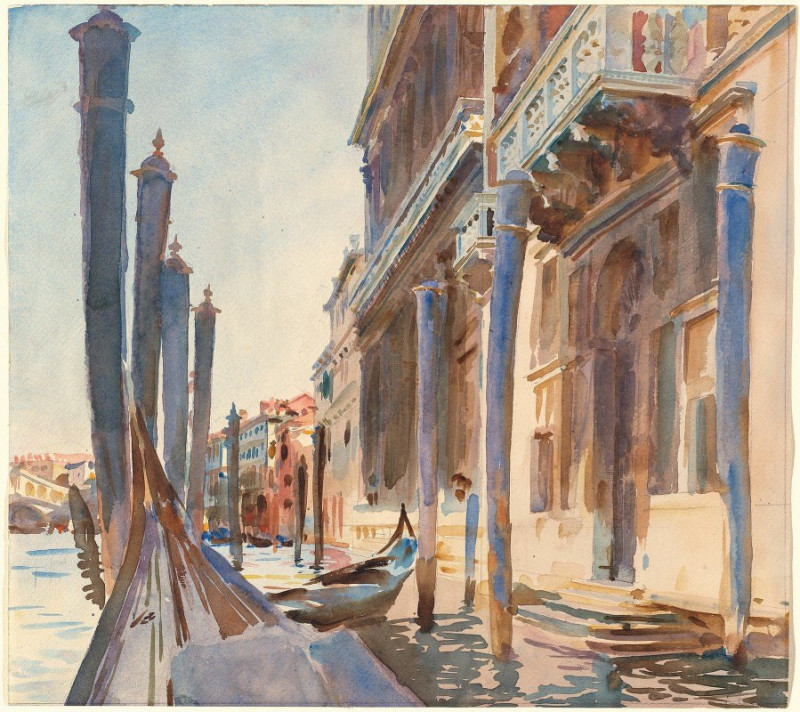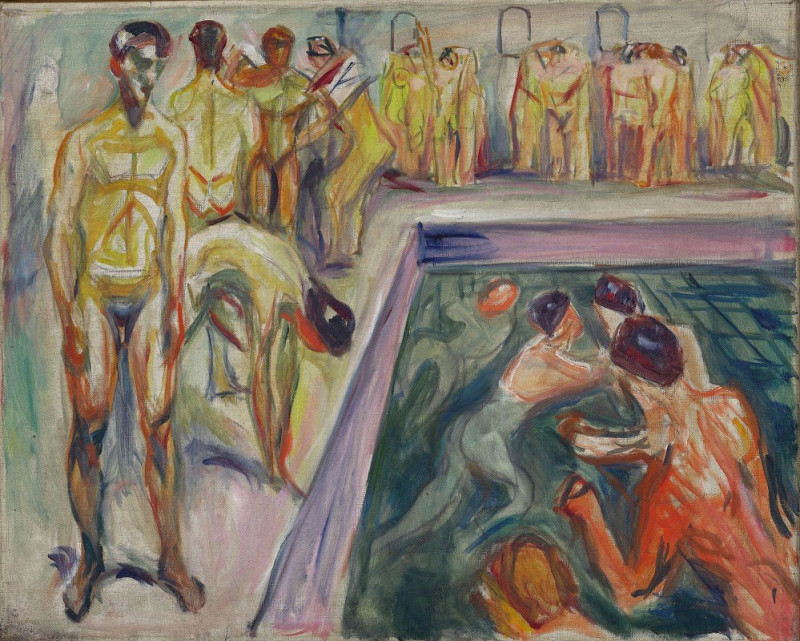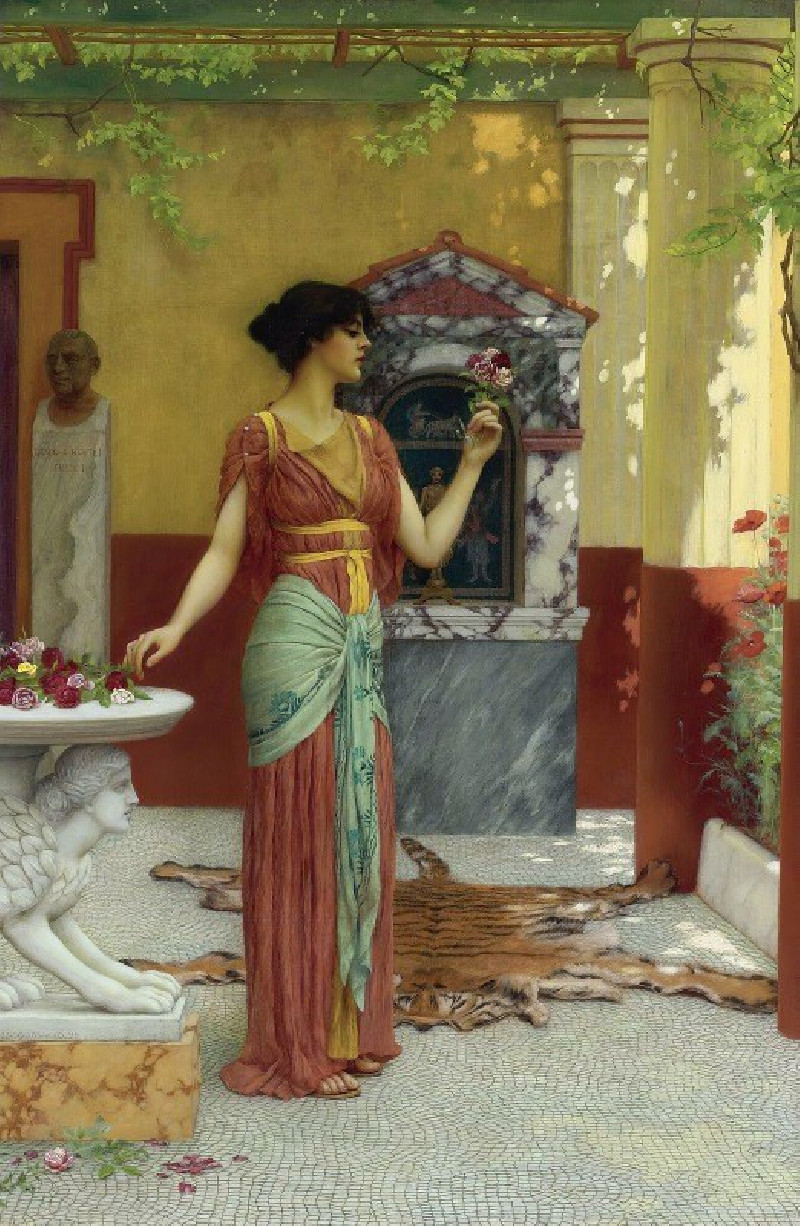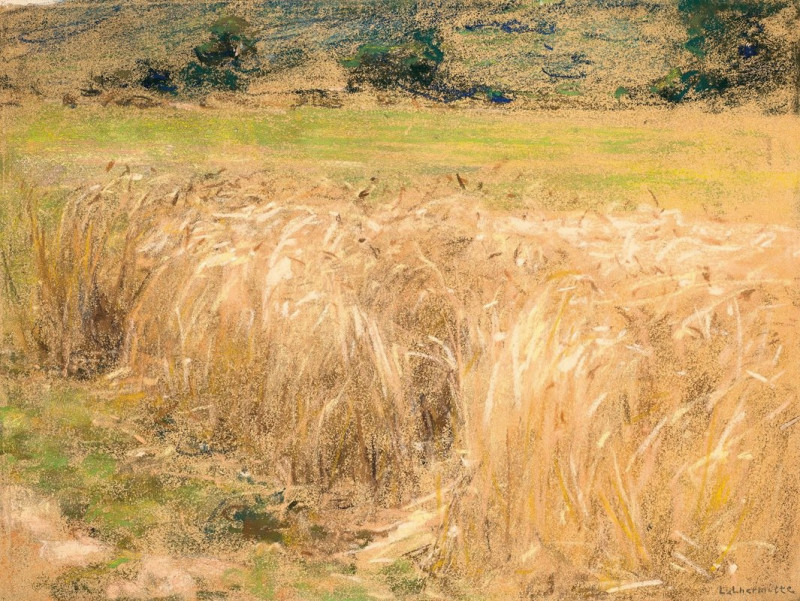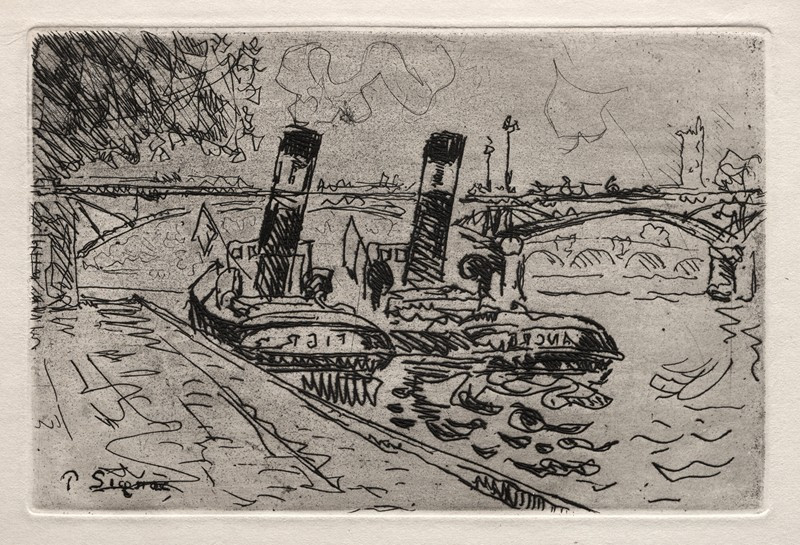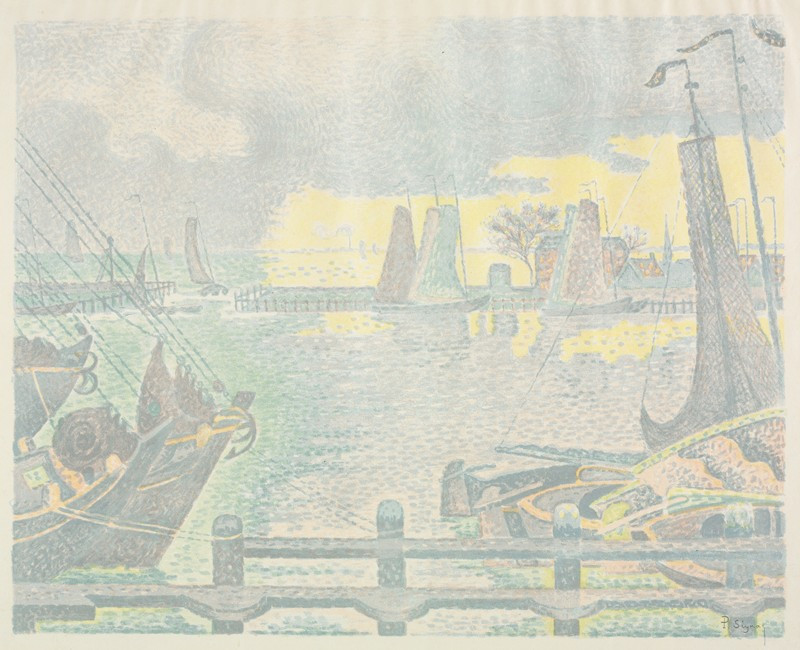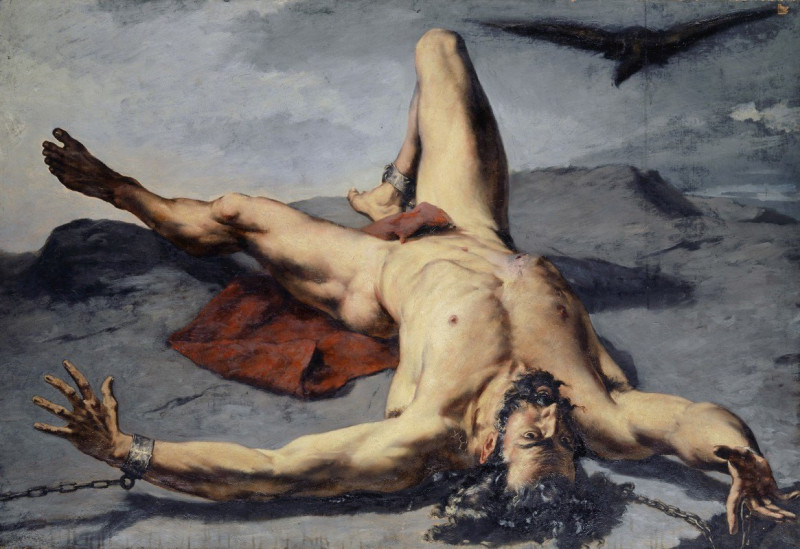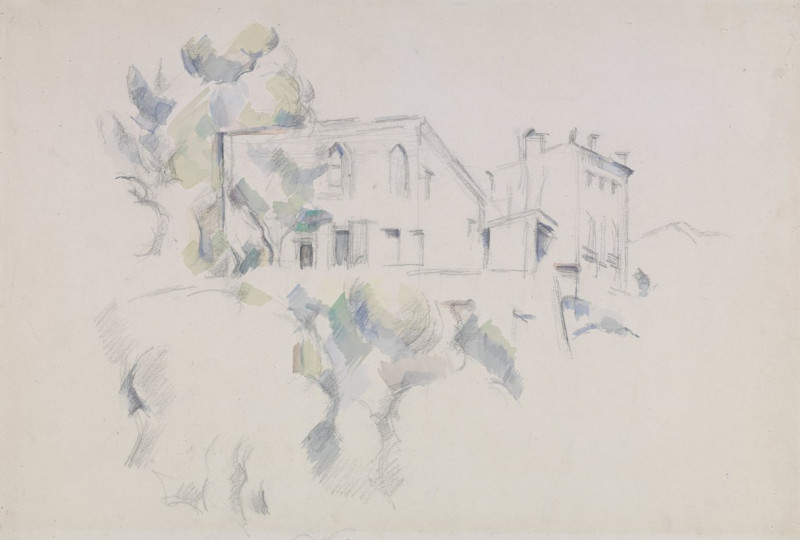Badende (1910)
Technique: Giclée quality print
Recommended by our customers
More about this artwork
Discover a masterpiece of early 20th-century German Expressionism as we explore "Badende" by Ernst Ludwig Kirchner, created in 1910. This intriguing painting captures the essence of a figure absorbed in a moment of solitude and introspection, possibly after a swim.In "Badende," Kirchner uses bold, expressive lines and vibrant, non-naturalistic colors to convey raw emotion and psychological depth. The stark contrast between the bright yellow of the figure and the cool blue tones surrounding it highlights the interplay of human form with the environment, a recurring theme in Kirchner's work.The angle and positioning of the figure, with one arm resting on the knee and the head slightly bowed, evoke a sense of contemplative solitude. This posture, combined with the simplified forms and dynamic strokes, lends an almost abstract quality to the painting, urging viewers to focus on the emotional rather than physical landscape.Kirchner's work often depicted modern life and urban scenes, but with "Badende," the artist invites us into a more personal, intimate world. As part of your visit, delve into this significant piece that not only showcases Kirchner’s distinctive style but also embodies the heightened emotional sensitivity characteristic of the Expressionist movement.
Delivery
Returns
Ernst Ludwig Kirchner (1880–1938) was one of the most important German Expressionist painters. He was a co-founder of Die Brücke, a group of German expressionist artists formed in Dresden in 1905. Die Brücke and Kirchner took inspiration from Vincent Van Gogh and Edvard Munch, as well as African and Oceanic art. They used woodblock printing as a medium to showcase their signature style: flat, unrealistic images with vivid colors. The recurring themes in Kirchner's artworks included exotic cultures, faraway landscapes, self-portraits, dancers and Berlin street life. His paintings and prints effectively portrayed non-European cultures despite the fact that he never traveled outside of Europe.


